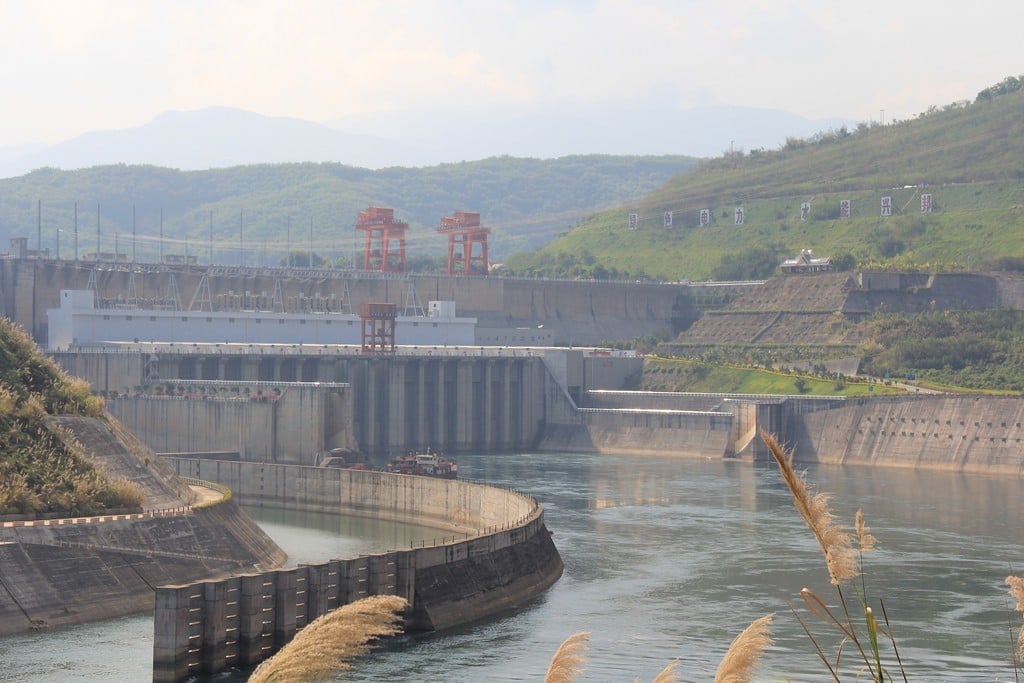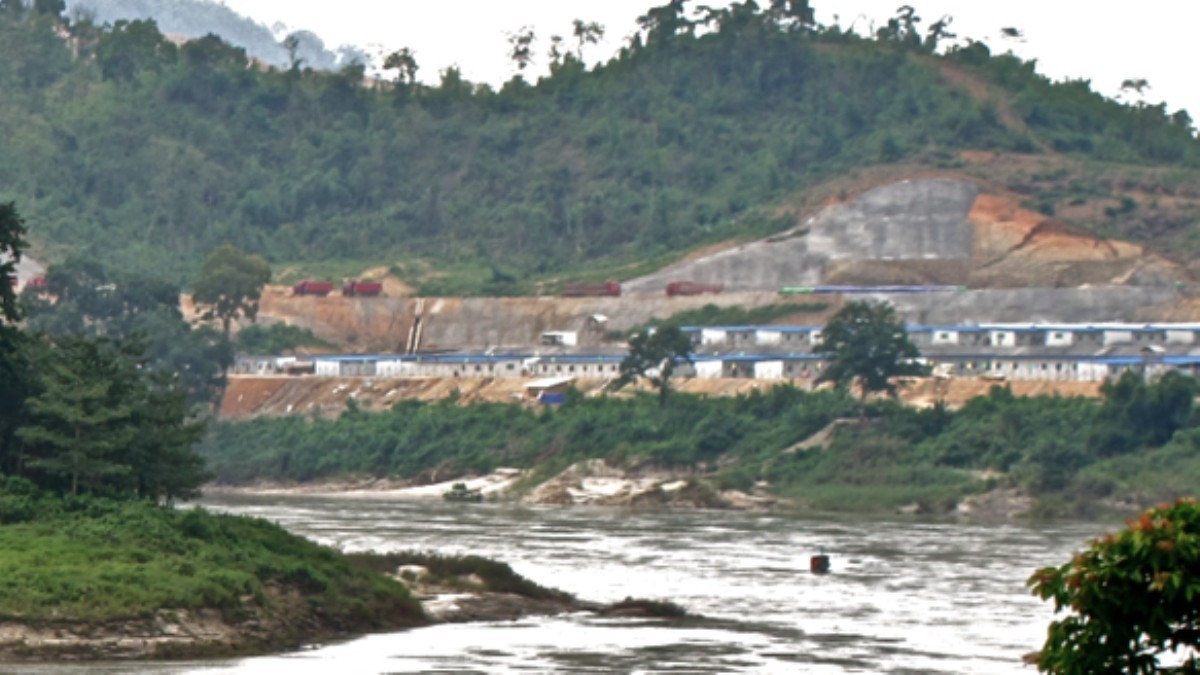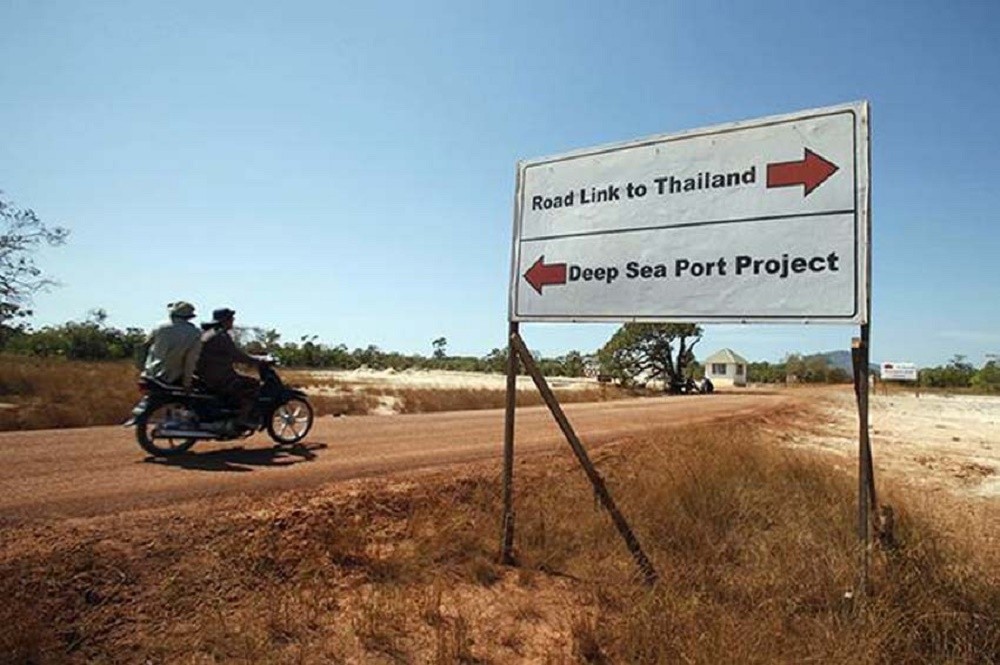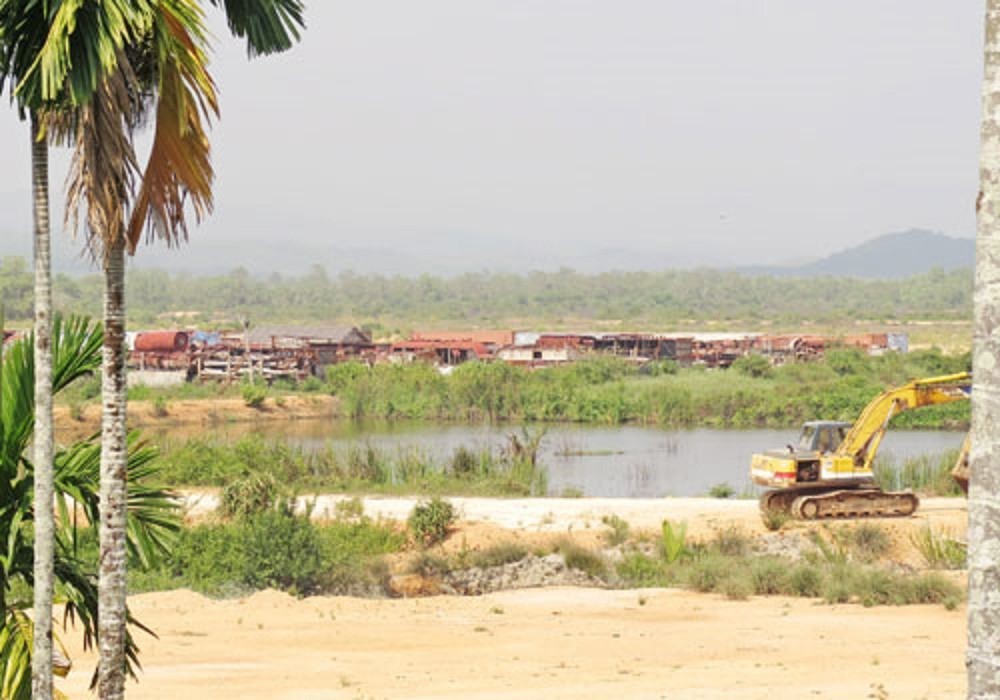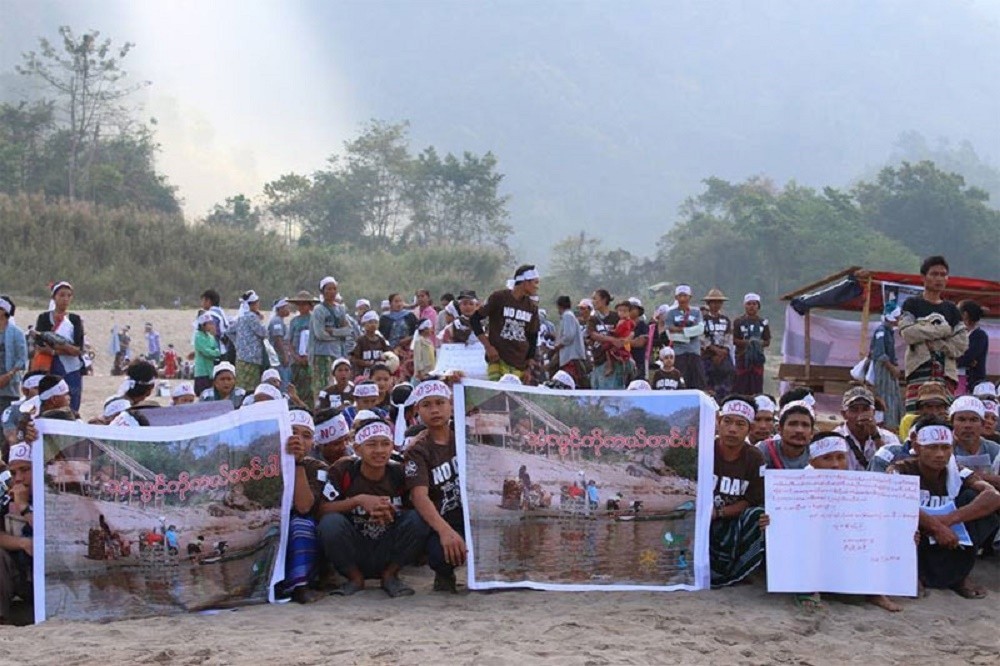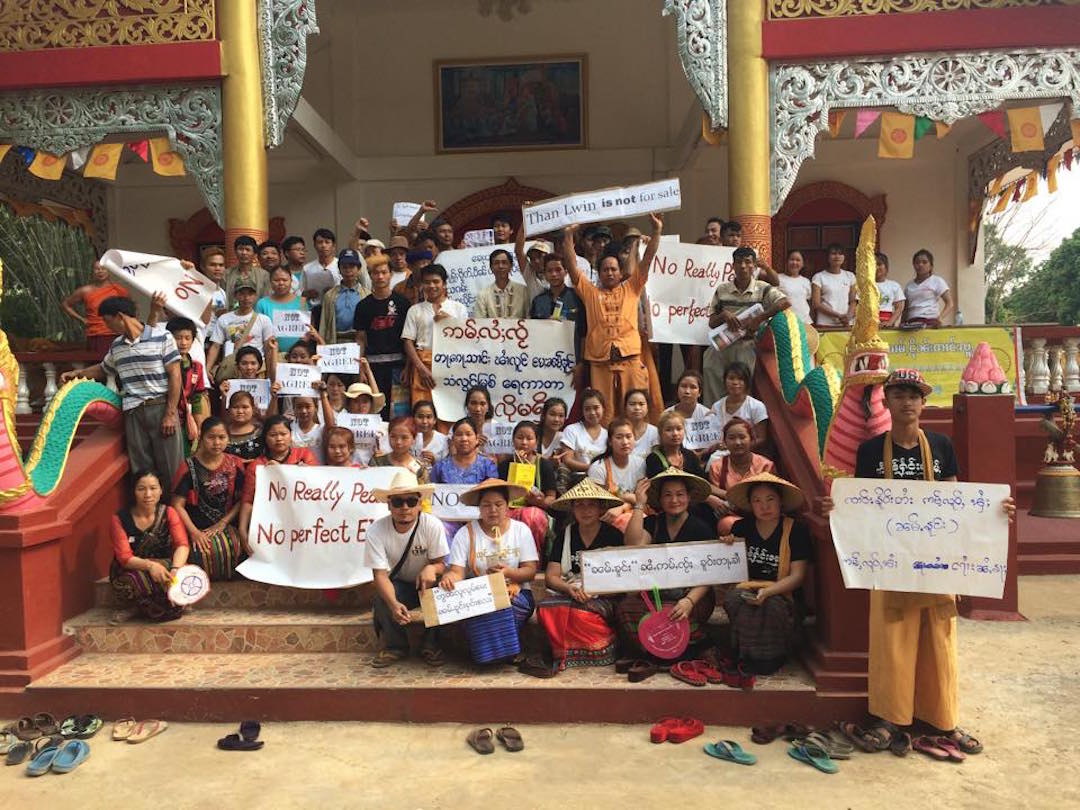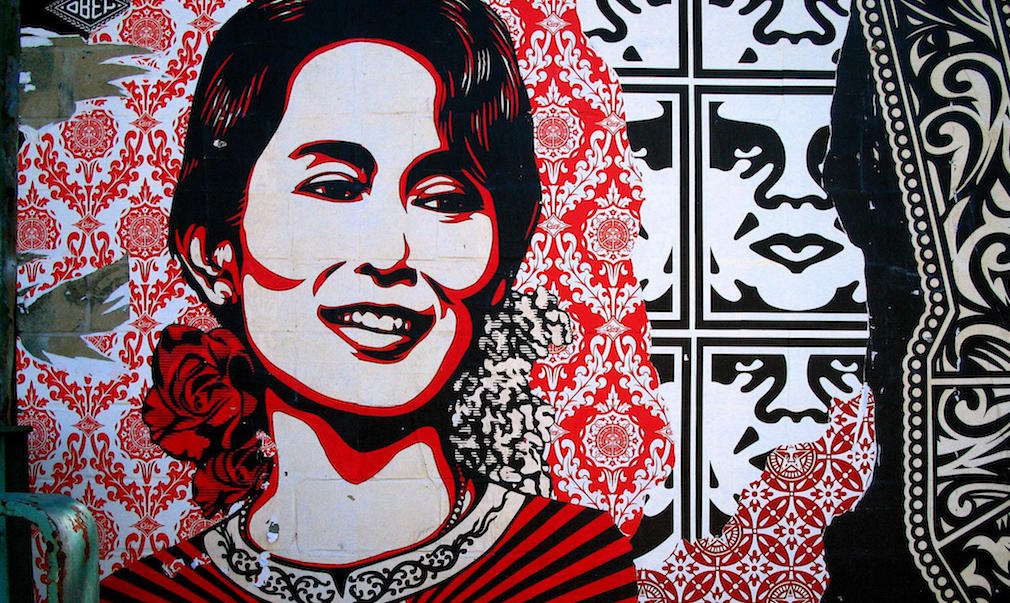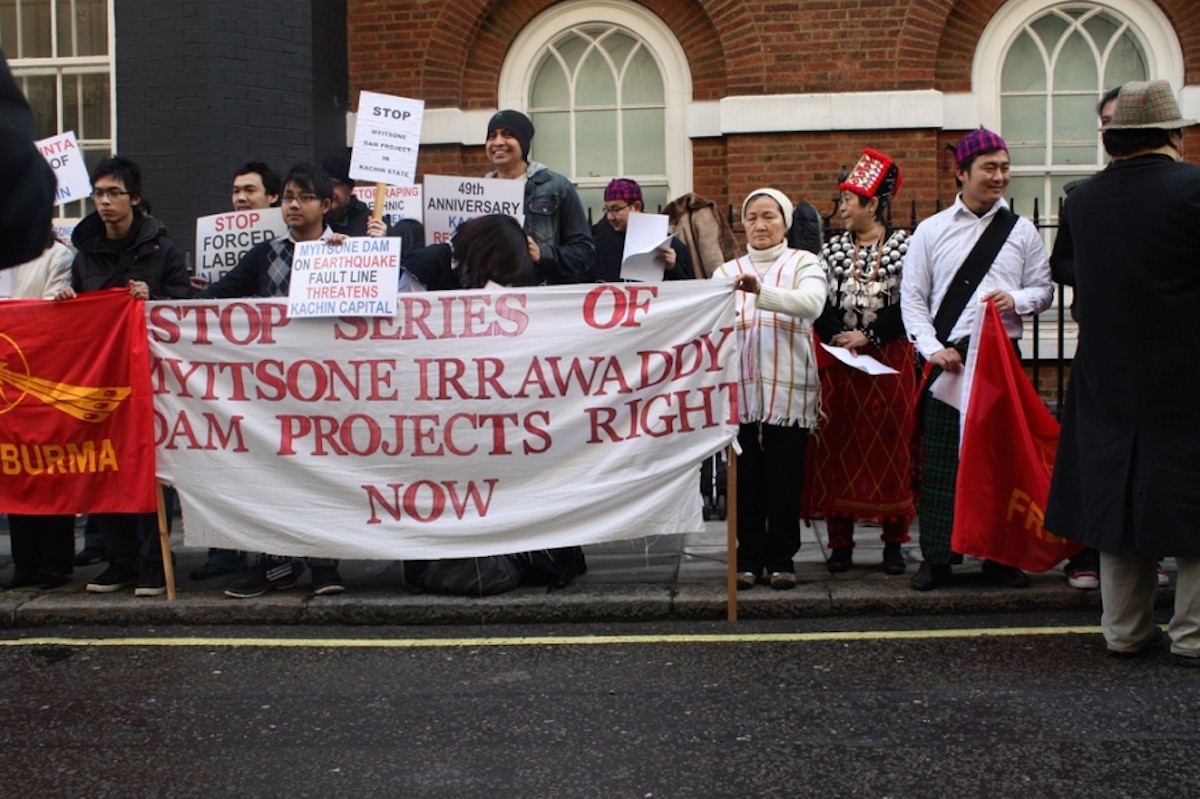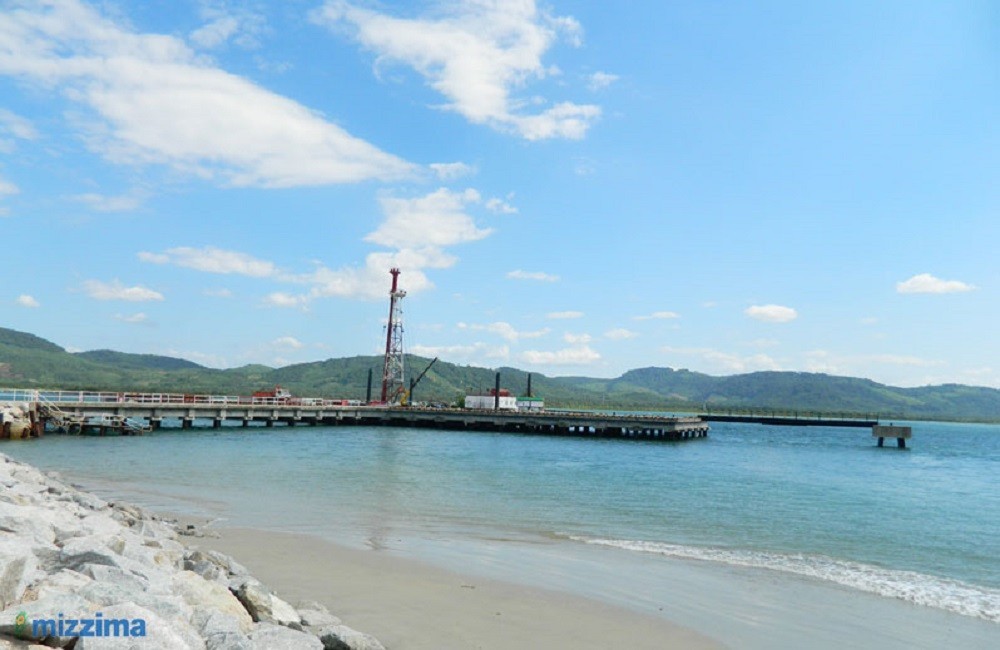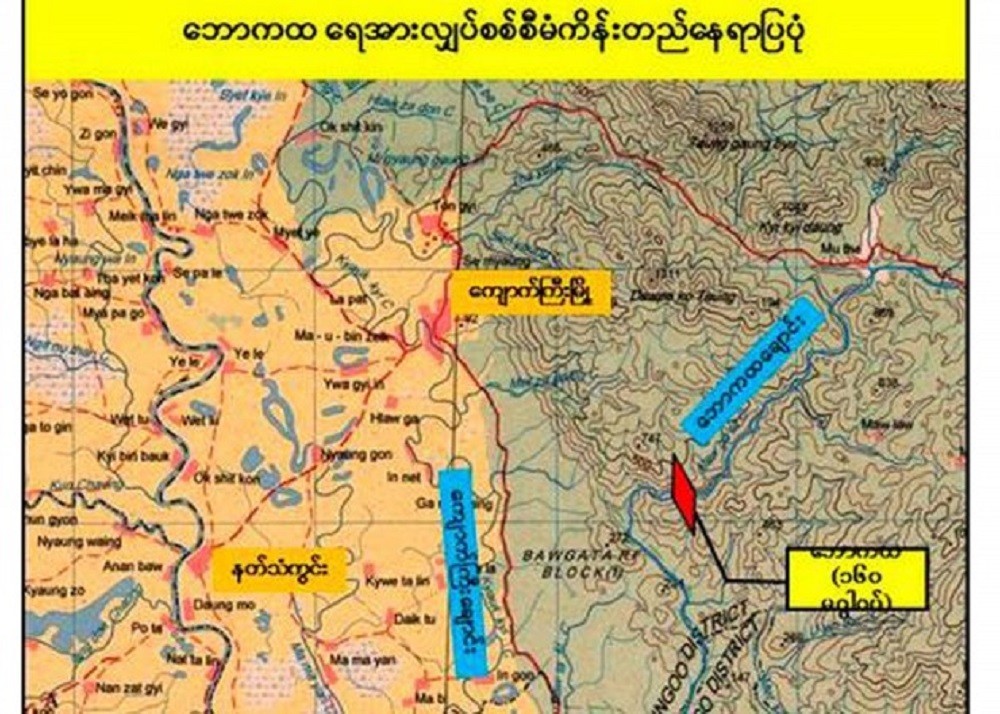At first glance, it looks beneficent. As countries along the Lower Mekong river that snakes through mainland Southeast Asia struggled in the grip of a severe drought, China announced it would release water from its upstream Jinghong dam over nearly a month from March 15. The announcement was partly intended as a goodwill gesture one week ahead of the inaugural Lancang-Mekong Cooperation summit of leaders of the six Mekong region countries.
But while the water release will spell some immediate relief for the drought-stricken region, it portends future geopolitical tensions between China and its southern Mekong neighbors. Having unilaterally accumulated political power by exploiting geography and manipulating natural waterways through the construction of a slew of upriver dams, China appears intent to set the regional water management rules as it deems fit.
The Mekong, which the Chinese refer to as Lancang, is Asia’s seventh-longest river and provides livelihoods and habitats for riverfront communities and natural wildlife throughout its meandering flow from China and Myanmar to Laos and Thailand, down to Cambodia and Vietnam before it reaches the sea. China’s damming of the upper Mekong has long been considered a geopolitical risk for the lower riparian states and a source of potential conflict for the entire Greater Mekong Subregion — encompassing Cambodia, China, Laos, Myanmar, Thailand and Vietnam. That risk has manifested itself in an inchoate fashion through the annual dry seasons, when about 60 million people in fishing villages and communities along the Mekong are severely affected. But any protest has been silenced by geopolitical realities.


